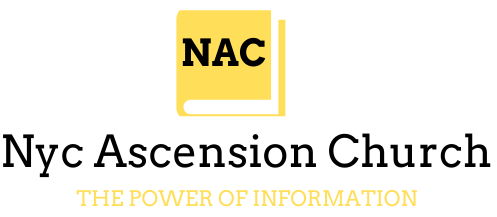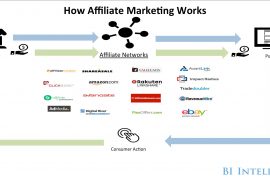Graduation is only a few short weeks away and to me that means only one thing: I have to pay back my student loans. This will not be easy. In order to pay for my college education I, like other students, had to take out thousands in federal and private loans – now they want their money back! Jobless and with this astronomical debt ominously awaiting me in the future it is easy to see how panic can creep up. But not today – I have confronted these questions head on and found some great tips that make it easier for even the most reluctant college grad to face the nightmare. These tips should help to neutralize your fears.
Note that getting more loans isn’t a good idea to pay an existing loan. Say, you’ve landed on a job after graduation, getting a payday loan isn’t a good step. That’s because a payday loan is a high-cost, especially when talking about interest rates.
- Know who to contact
There are several agencies involved in the management of your loans. Most important to you will be the servicer. This is the entity that will actually be collecting on your debt. This also means that this is the person to contact in case unforeseen circumstances should arise. In the worst case scenario, when all other resources have been depleted, you may contact the Federal Student Aid Ombudsman. This agency can help you to resolve any disputes or other problems stemming from your financial aid but again only in times of real need. To find out information about your loans and which entity will be servicing those loans go to www.nslds.ed.gov.
- Know your deferment options.
Most grads know that there is an initial six month deferment on most of their loans. Some private loans will have to be repaid while still in school. It is important to know how long this deferment period will last. Do not look at it like a cushion, or as in my case a chance to prolong the inevitable doom. There is no penalty for paying your loans early so if you can make payments now you should. Again, your servicer can help you and decided if you qualify for deferments. Information about deferments can be found at www.studentaid.ed.gov.
- Be familiar with the different types of payment plans.
There are several different options for paying back your loans. The standard plan gives you only 10 years to pay off your debts. The extended options could give you twenty-five years to pay off your loans but means that more interest will be accruing. When your loans are finally paid off it is likely that you will have spent twice as much as would have with the Standard Payment Plan. The Direct Loan Web site, www.direct.ed.gov contains all the information on the various payment plans as well as calculators to help you make the best decision.
- Maximize your payments.
By making your payments on time during the first year you can get a discounted rate on the fees associated with your loans. However, if you miss just one payment you will loose this discount. There is no penalty for early payments and you should resolve to pay towards the principal of the loan. This may mean paying more per month than you are required but you will pay off the loan faster and this again means it will be cheaper. You may also be able to get discounts or rebates for setting up automatic bill payment. Remember, if you miss too many payments your loans could end up in default and if this is reported to credit agencies you could see a 100 point drop in your credit score.
- Understand Consolidation.
Refinancing your loans through consolidation may be a good option for some graduates but not all. If you choose refinance your loans you forfeit your chances of loan forgiveness for teachers or public service workers. Most often you will be offered average of all your interest rates from the years of your loans plus 1/8%.

- Take responsibility for the circle of life.
I doubt that most gradates know that financial aid for incoming students depends on the repayment of loans from alumni. If too many students default on their loans your school may no longer able to offer those loans to other students. You don’t want that on your conscience. Part of being responsible for your loans is knowing that others are depending on you – don’t make them suffer. So, pay it forward – and pay your loans!





